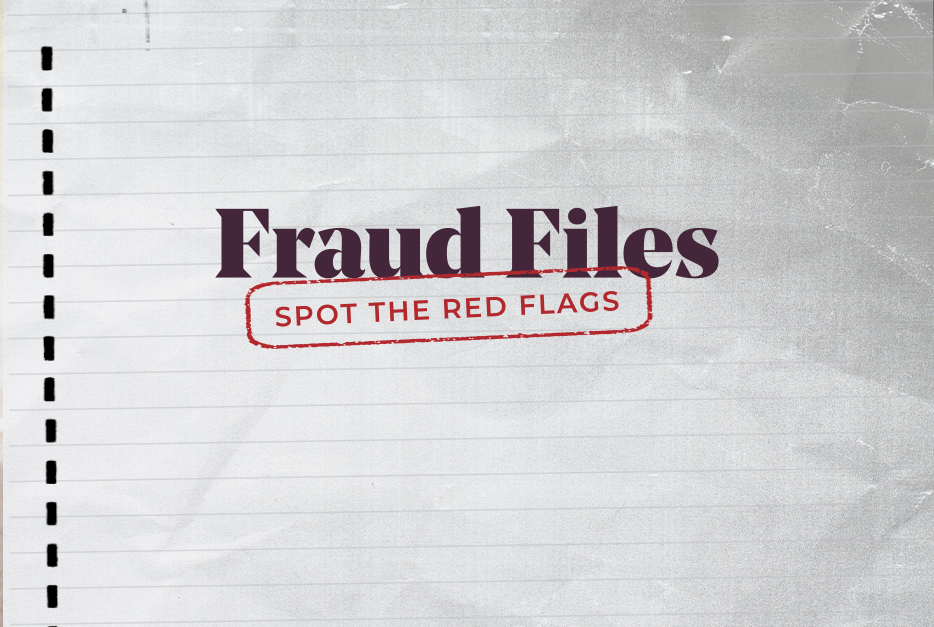Fraud Files: Double 'cheque' your invoices
What happened
When Gina decided to open a new restaurant, she knew she needed to have the right people in place to help her succeed. She talked to everyone she knew in the restaurant business to make sure she wasn’t forgetting anything. By the time she opened the doors to the public, she felt confident in the team she’d built.Several years into running the restaurant, Gina decided it was a good time to renovate. She started to sell some of the larger furnishings and equipment that were still in great shape to make room for the new items and help cover some of the cost of the upgrades. One day, her accountant came to her with a cheque they’d received from a restaurant supply company in the amount of $300,000. The accountant wasn’t able to find a matching invoice and wondered if Gina knew what the money was for.
Together they looked through the invoices sent out over the past few months, paying particular attention to those larger ones sent to companies buying her furniture, but they couldn’t find anything matching the amount or the name of the company on the cheque. Gina wanted to deposit the money because it would be a great boost to her business but, feeling a bit suspicious, she decided to bring the cheque to her SCU branch to ask for some advice.
The scam
-
A random cheque:>A business receives a cheque from a company they may or may not have done business with in the past. The scammer hopes it will go unnoticed and that, despite not having a matching invoice, the company will deposit the cheque to their account.
-
Industry specific: The scammer knows the type of business they are sending the cheque to and uses a company name that fits with where they are sending the fraudulent cheque. Often, the cheque will have a real company name on it to make it appear even more legitimate.
-
The correction request: After the business deposits the cheque, the scammer contacts them to say the cheque was sent to them in error and was meant for a different company. They apologize for the mix-up and ask the business to transfer the money back to them.
What happens on our side
When Gina brought the suspicious cheque into her local SCU branch, the teller requested the cheque be investigated. After looking into it, SCU determined the cheque was fraudulent and notified Gina that she was right to question it. Gina was relieved she didn’t fall for the scam and deposit the cheque before looking into it further.
Key takeaway:While it might seem easier to deposit the cheque and then ask questions later, always investigate first. Cross-referencing any payment you receive with outstanding invoices will help you spot any potential issues or fraud. And, in the end, can save you a lot of money. If you ever receive a cheque or e-transfer that you weren’t expecting, you can always head to your SCU branch and ask them to look into it for you.
Sometimes, we can help spot and stop a fraud scam before a member loses money. Unfortunately, this is not always the case. Preventing fraud is an important responsibility we all share. SCU strongly recommends that members remain vigilant and learn to protect themselves from falling victim to fraud. Visit our Fraud Prevention Centre to learn more about fraud and how to spot it, and if in doubt, reach out to SCU for help at 1.800.728.6440.
You can also check out the Canadian Anti-Fraud Centre for information on known scams.
Does this story sound familiar?
If this has happened to you, or someone you know, here’s how you can report it.



